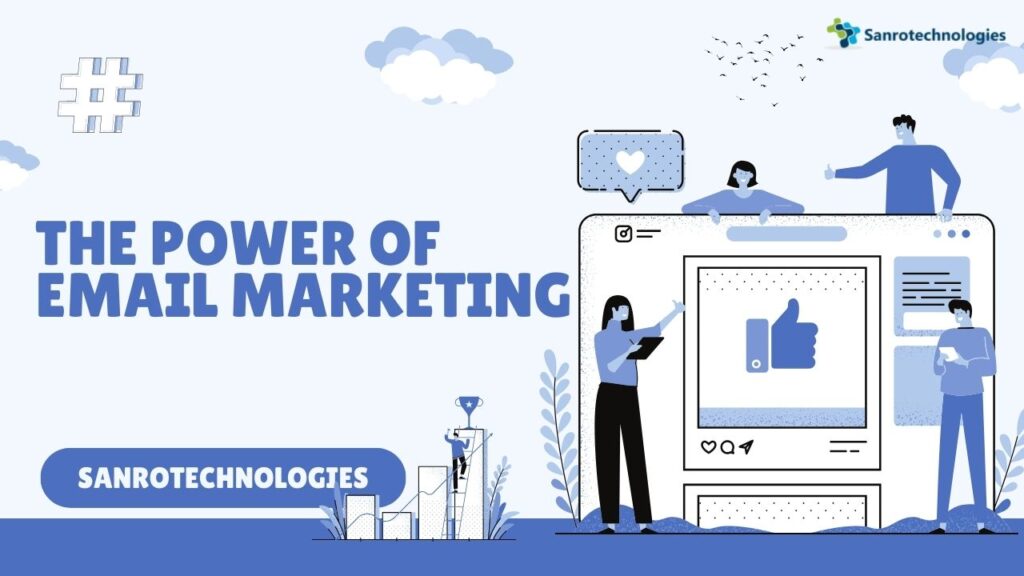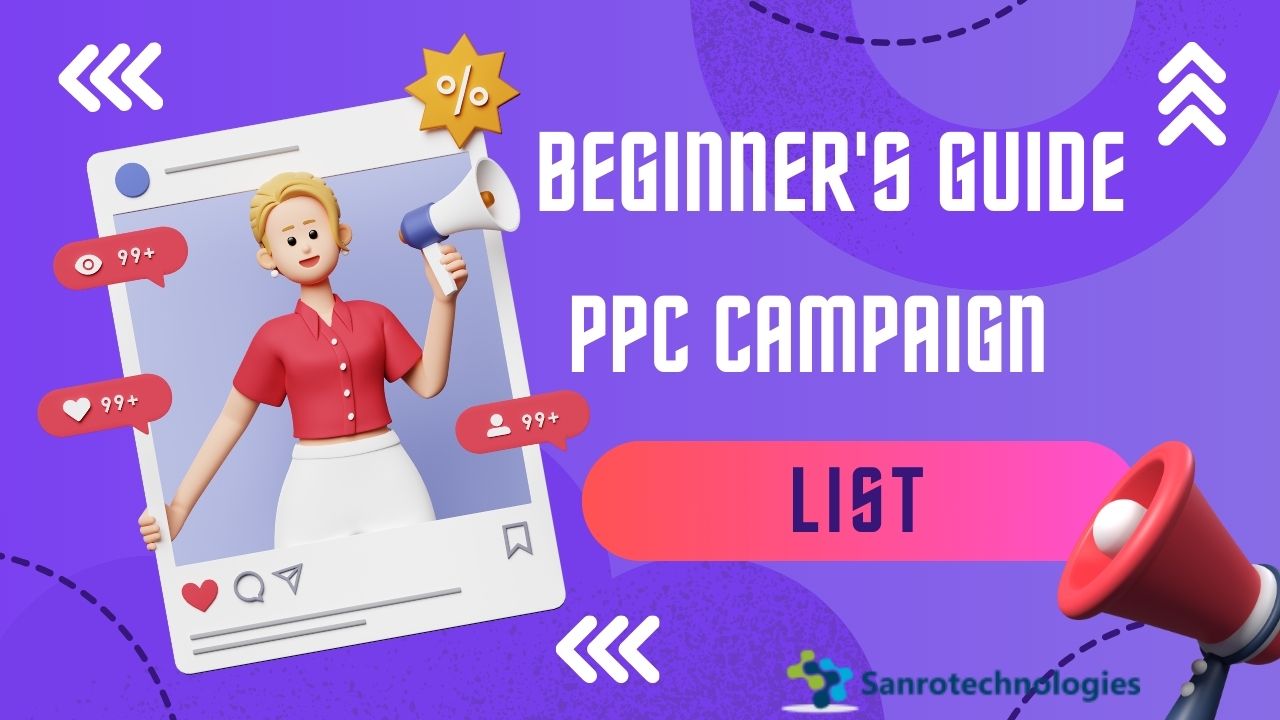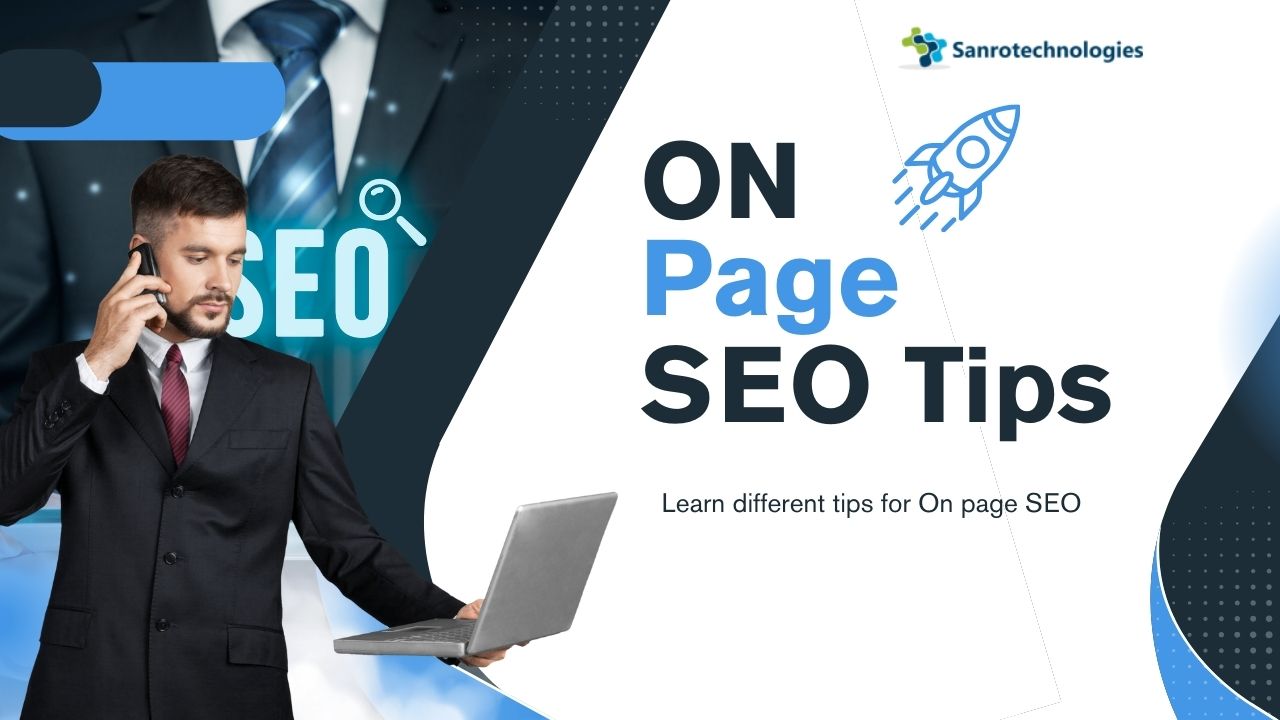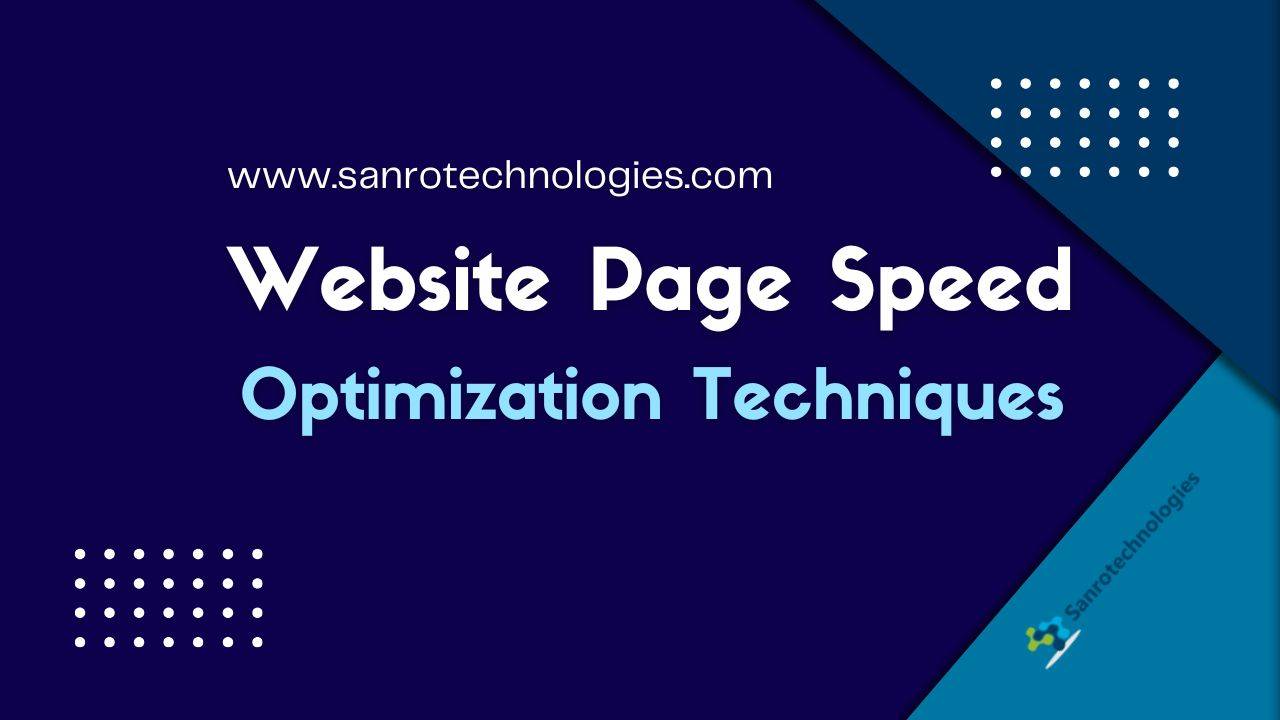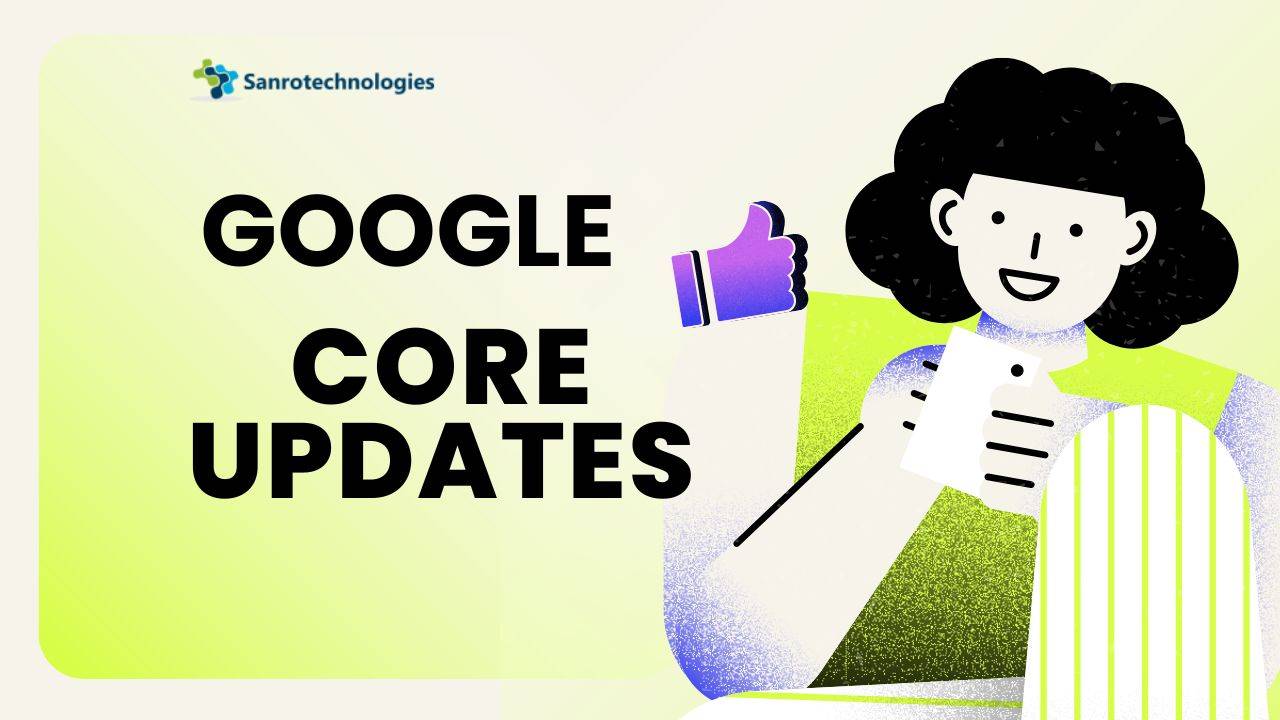Email Marketing
Email marketing, you know, has been around for what feels like ages. There is a good reason why it has not vanished like floppy disks & VHS tapes. Nope! It’s far from being old news. Email marketing is still one of the most effective, personal, and cost-friendly ways to nurture leads & boost sales too. With a little care and some strategy, let us dive into why this tool can change the game for businesses of all sizes.
Introduction
Remember the last time you checked your Email? Probably was not that long ago, huh? Email is unique. It’s sort of both a personal and professional space a cool channel for connecting with people. Imagine chatting in your living room and boardroom at the same time. That is its magic! You are getting an invite into their everyday routine when you pop into someone’s inbox. That is a privilege A major opportunity for businesses.
Why Email Marketing?
- Personal Connection: You see, unlike social media, where your message fights for attention among endless scrolling content, email offers a one-on-one conversation. This closeness helps build relationships between YOU and your audience.
- Customizable Content: Segmentation and personalization are not just fancy words. They are the heart of successful email campaigns. Tailor your message to suit what YOUR audience needs and loves!
- Measurable Results: Tracking is easy-peasy! Open rates, click-through rates, and conversions are all trackable to help see what hits or misses.
The Basics of Email Marketing
Defining Email Marketing: What It Is and How it Works

Think of it as a friendly chat between you and potential customers through their inboxes. Share useful stuff, talk about special offers, keep in touch, and build connections! With email marketing, you send tailored notes to people interested in your stuff just like having digital coffee with them! Offers a more direct, personal touch too. Experiment with different schedules; check your numbers and find what clicks for your business & audience!
Understanding the Role in Business
Where does it fit within the entire business picture? It is a great tool for boosting brand awareness & generating leads from inboxes! Re-engage past customers too! Start conversations around your brand.
Making a Choice: Why Use it Over Other Channels?
With many ways to talk to customers, why emails? Because it is personal! Each email drops directly into your customer’s inbox; speaking just to them. Like having one chat without leaving an office!
Power of Email Marketing for Lead Cultivation
Lead Cultivation: The Silent Benefactor
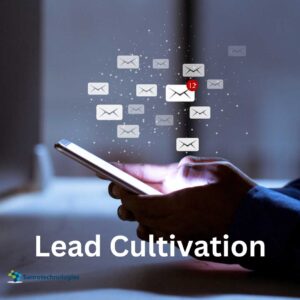
Lead cultivation is like planting seeds. Watch them grow through regular & personalized emails nurturing relations with potential clients more likely turning them into sales!
Strategies for Successful Lead Nurturing
How do you cultivate leads using emails? Start by understanding their likes/dislikes throughout their interactions or interests and send meaningful info to foster growth.
Overcoming Potential Challenges in Lead Nurturing
Getting seen can be tricky. How? Ensure value and relevance plus spice up those headlines!
Enhancing Sales Using Email Marketing
Understanding How it Can Boost Sales
Did you know Email Marketing can boost your sales? By creating a bond with your leads through regular emails that feel personal, you become that business they think of first when it is time to buy.
Techniques for Effective Email Campaigns to Increase Sales
Want your email campaign to work like magic and sell more? Make them look nice, have a super clear call to action, & use words that persuade but do not push. Keep in mind, that what matters most is the value for the customer!
Monitoring and Evaluating Effectiveness in Sales Growth
How can you tell if your email marketing is doing the trick? Look at things like open rates, click-through rates, and conversions. Check how these numbers change over time to see if what you are doing is paying off.
Case Studies: Successful Email Marketing Campaigns
Case Study 1: How ABC Company Nurtured Leads and Increased Sales Via Email Marketing
ABC Company managed to soar their sales by more than 30% in just six months! How did they do it? They had a super smart email marketing plan that focused on giving value. And boy did that value bring back sales!
Case Study 2: Unravelling XYZ Organization’s Successful Email Marketing Tactics
Remember how XYZ Organization doubled its leads in just three months? They used segmented, customized emails. Plus, they added some rewards! This led to lots more leads and boosted their sales big time.
Prospects of Email Marketing in Lead Nurturing and Sales Growth
Is Email Marketing still going to be important with all the new marketing tricks out there today? You bet! Emails that feel real & bring value will keep building strong connections with customers. That’s so important in our mainly digital world now.
Preparing Your Business for Future Advancements
How do you keep up with changing times? Stay informed! Be ready to change adaptively & understand what your customers need. This way, your email strategies will always be on point!
Conclusion
Email stands out in digital marketing. It lets you connect in a way that is direct and personal something other platforms cannot beat easily. Whether you are nurturing leads or driving sales, do not underestimate an email’s power. It is not just sending messages; it is about building relationships and offering value that turns prospects into loyal customers. So next time you make a marketing plan, pay attention to your emails. In the huge world of digital marketing, a simple friendly email feels almost like a warm handshake personal, inviting & powerful.
Frequently Asked Questions (FAQs)
What are the guidelines for effective content?
Make sure email content is fun to read, matters to the reader & feels like it’s just for them. Keep track of feedback so you can keep making it better!
What are the ethical concerns for it?
It is important to keep things private and honest. Only send emails if someone says you can, & be clear about what is inside each email.
How can small businesses tap into the power of lead cultivation and sales growth?
Use cheap email tools out there & share good content with people. This helps build relationships leading from the audience to loyal customers!
How does it fare against social media marketing regarding lead nurturing and sales increase?
Both have cool stuff about them but email gives a more direct feel which rocks when nurturing leads and then upping those sales.
How often should businesses send marketing emails to their leads?
There is no single answer here! Try different timings to see what works well for your audience & business by keeping an eye on those numbers!
